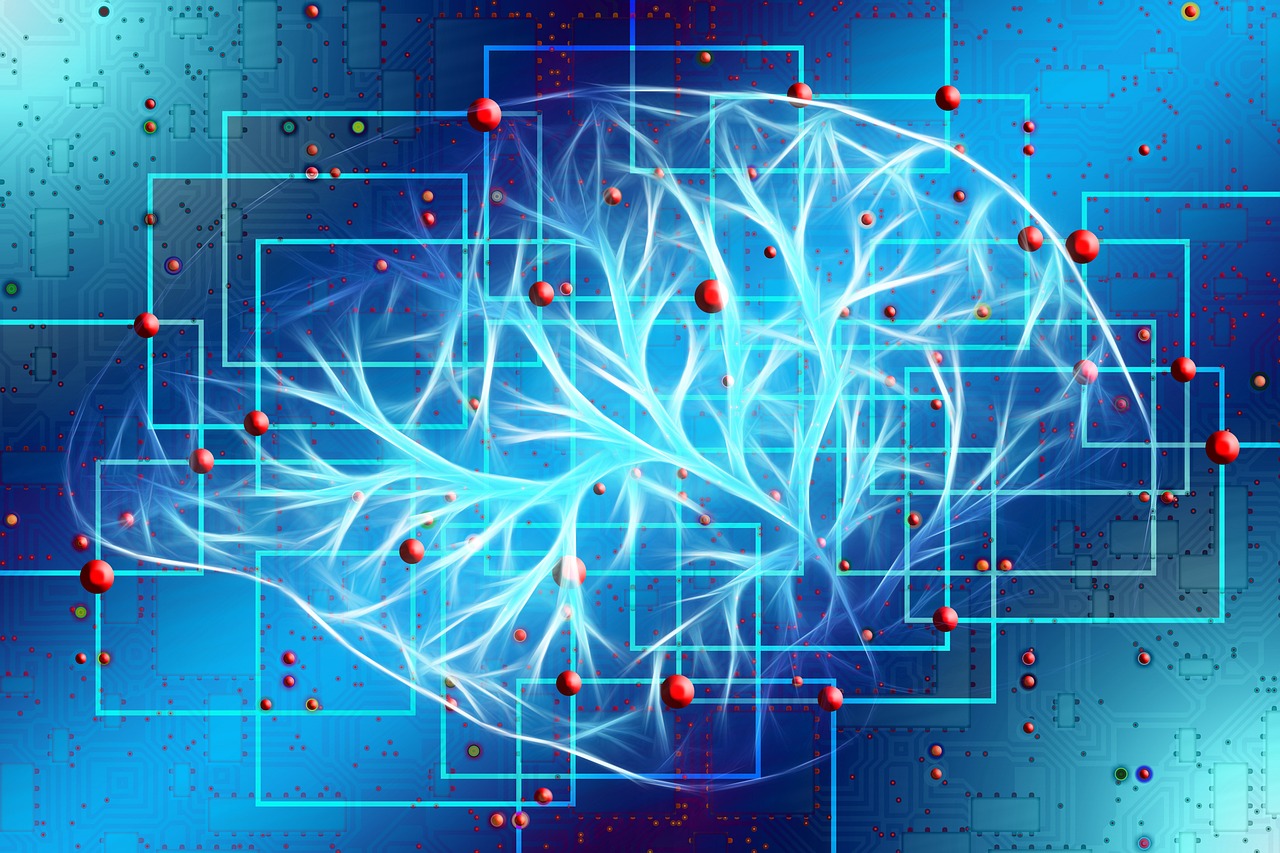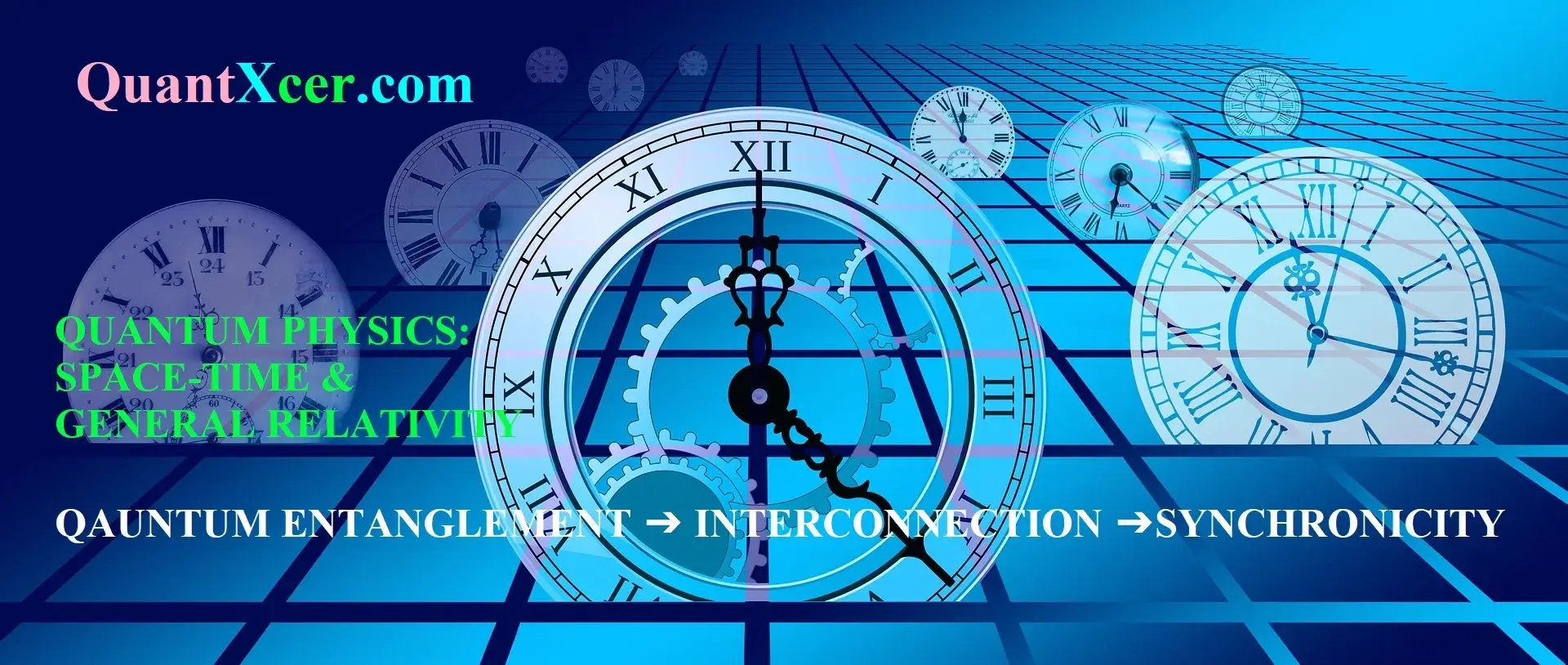An Intelligent Material That Learns By Physically Changing Itself: The First Steps Toward A Quantum Brain
A new generation of computers might be built on a type of sentient material that learns by physically altering itself, much like the human brain does. In their pursuit of this alleged "quantum brain," Radboud researchers have made a significant advancement. They have shown that they can organise and connect a network of single atoms, as well as imitate the independent actions of neurons and synapses in the brain. In Nature Nanotechnology, they publish a report on their discovery.
A growing number of data centres are required to meet the rising demand for computing power on a worldwide scale, each of which has an escalating energy footprint. One of the researchers states, "It is obvious that we need to develop new methods to store and analyse data in an energy-efficient manner" says one of the researchers .

Quantum Brain
This necessitates both technological advancements and fundamental investigation into novel strategies. Our novel concept of creating a "quantum brain" based on the quantum characteristics of materials may serve as the foundation for future developments in artificial intelligence applications.A computer must be able to perceive patterns in the outside world and learn new ones in order for artificial intelligence to function. Modern computers accomplish this through the use of machine learning software, which manages the archiving and processing of data on a different hard drive. "Up until now, this technology, which is based on a paradigm from a century ago, has performed satisfactorily. However, it ends up being a very energy-inefficient process, according to co-author and professor of neural networks and artificial intelligence Bert Kappen.

Researchers investigated if hardware alone might do the same function.Scientists discovered that by building a network of cobalt atoms on black phosphorus, they could create a substance that functions much like the brain does in terms of information storage and processing, and, even more shockingly, can adapt.
Self-adapting atoms
Researchers demonstrated that information may be stored in the state of a single cobalt atom. By giving the atom a voltage, they could cause "firing," in which the atom randomly switches between a value of 0 and 1, much like one neuron. They have now figured out how to assemble customised ensembles of these atoms, and they have observed that the firing patterns of these ensembles closely resemble those of a brain-like artificial intelligence model.In addition to being able to build the tiniest synapse yet discovered, they were able to observe the behaviour of spiking neurons. Unaware of it, they saw that these ensembles had a built-in adaptive feature: their synapses adapted how they behaved based on the input they "saw." "We were really shocked to observe that the synapses truly altered when the material was stimulated over a longer length of time with a certain voltage. Based on the external stimuli it encountered, the substance modified its response. "It discovered on its own," claim the researchers.
Exploring and developing the quantum brain
The system will now be scaled up, more atoms will be added to the network, and new "quantum" materials will be explored. They must also comprehend the reasons for the atom network's actions. According to the researchers - "We are at a stage where we can start relating fundamental physics to notions in biology, including memory and learning."We would be able to create self-learning computing systems that are more energy-efficient and compact than current computers if we could eventually develop an actual machine from this material. But we won't be able to tune its behaviour or begin turning it into a technology until we fully comprehend how it operates, which is still a mystery. This moment is quite exciting.
